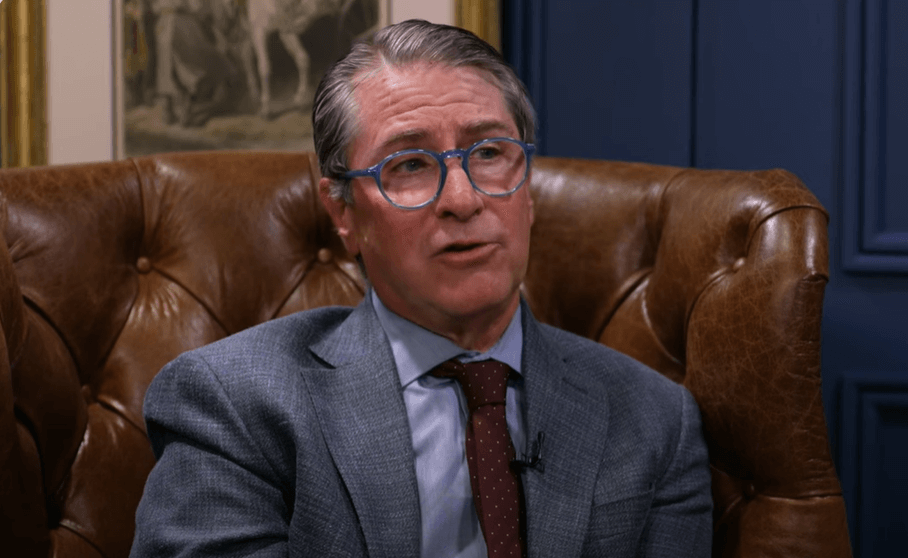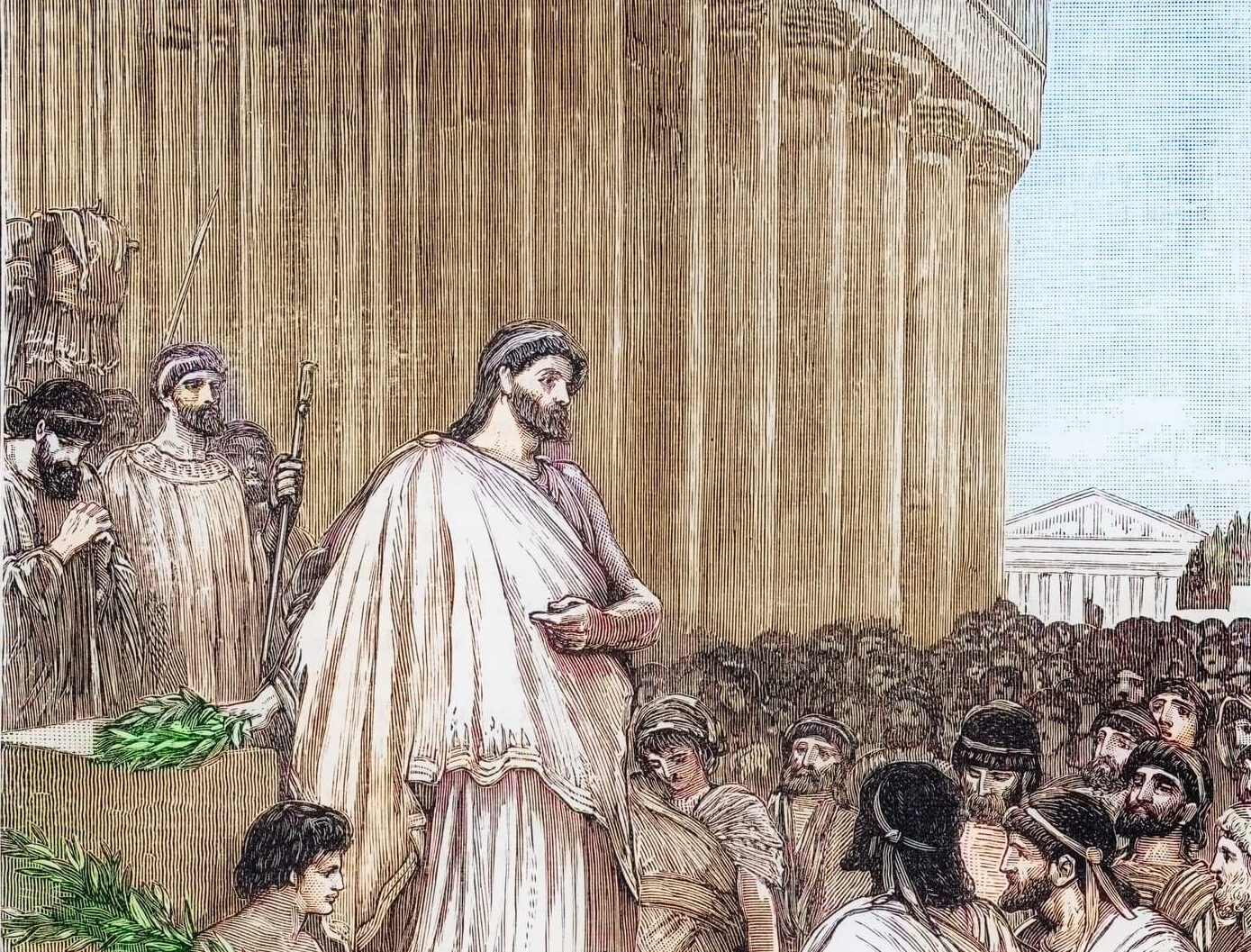I admit to being something of a Tory. I love the British Crown, and have a deep appreciation for the nobility, generosity, and gentlemanliness that are meant to mark an aristocratic society. There’s a great breadth of magnanimity and imagination that the leveling of a democratic society can forget. For an age that aspires to produce true gentleman cannot be entirely materialistic or consumeristic: “The gentleman believes there are things worth dying for; with Epictetus, he agrees that ‘it is better to die of hunger, exempt from fear and guilt, than to live in affluence with perturbation.’”
The royal coat of arms juxtaposes symbols of power (the lion rampant) with the emblems of England, Scotland, and Ireland. The inscription at the bottom reads, “God and my right.”
When we think of Tories in the radical and revolutionary eighteenth century, we usually think of Edmund Burke (never mind that he was actually a Whig by party affiliation). But one of his most excellent predecessors in flouting the Enlightenment’s truisms was Samuel Johnson. My History of the City of London class had us read James Boswell’s fascinating little journal this week. In between anecdotes of his lecherous exploits (some vices are not new!), Boswell relates conversations he had with the great London man of letters, Johnson.
Johnson was capable of unapologetically speaking up for hierarchy, distinction, and prescription while eschewing elitist contempt for the poor. He argued, “A man is born to hereditary rank, or his obtaining particular offices gives him a certain rank. Subordination tends greatly to the happiness of men. There is a reciprocation of pleasure in commanding and in obeying.” Yet he also commended the Methodist evangelists’ achievement in sparking revival among London’s lower classes, observing that their success came from “preaching in a plan, vulgar manner… which men of learning and genius ought to do, as their duty.”
Johnson managed to push back against Rousseau’s reductionist egalitarianism while showing a greater awareness and sympathy for the real struggles and challenges of lives less privileged than his own. His example should serve as a reminder to make sure that charity and magnanimity are always near the forefront of our minds when we defend unpopular ideas.














